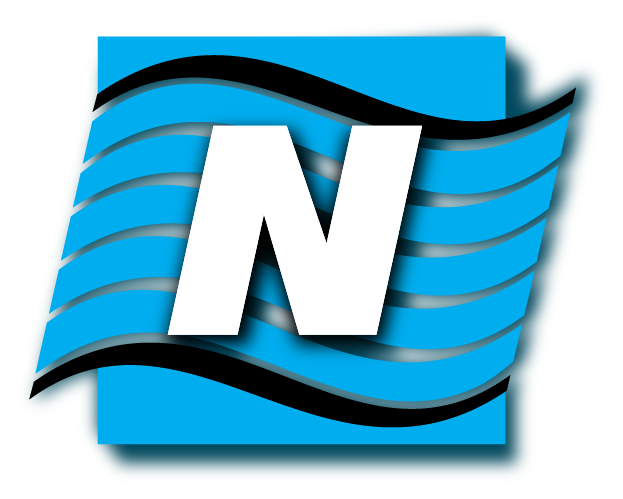
Basic Training for Service on Ships Subject to the IGF Code (Riga, Latvia)
Description of the course
Target group
This training course is intended to all seafarers prior to being assigned duties on board a ship using fuels addressed by the IGF Code. Seafarers responsible for designated safety duties associated with the care, use or in emergency response to the fuel on board ships subject to the IGF Code should receive basic training.
This training course is intended to all seafarers prior to being assigned duties on board a ship using fuels addressed by the IGF Code. Seafarers responsible for designated safety duties associated with the care, use or in emergency response to the fuel on board ships subject to the IGF Code should receive basic training.
Objectives of the course
The trainees who successfully complete this course should be able to demonstrate their competency in safety for ships using gases or other low-flashpoint fuels as set out in table A-V/3-1 of the STCW Code, including:
The trainees who successfully complete this course should be able to demonstrate their competency in safety for ships using gases or other low-flashpoint fuels as set out in table A-V/3-1 of the STCW Code, including:
- Contribute to the safe operation of a ship subject to the IGF Code;
- Take precautions to prevent hazards on ship subject to the IGF code;
- Apply occupational health and safety precautions and measures;
- Carry out fire-fighting operations on a ship subject to the IGF Code;
- Respond to emergencies;
- Take precautions to prevent pollution of the environment from the release of fuels found on ships subject to the IGF Code.
Course contents
Basic Training course covers the following topics:
The course program
Theoretical Part:
Practical Part:
Basic Training course covers the following topics:
- Safe operation of a ship subject to the IGF Code;
- Precautions to prevent hazards on a ship subject to the IGF Code;
- Occupational health and safety precautions and measures;
- Firefighting operations on a ship subject to the IGF Code;
- Respond to emergencies;
- Precautions to prevent pollution of the environment from the release of fuels found on ships subject to the IGF Code.
The course program
Theoretical Part:
- Introduction to IGF Code, LNG and other fuels, including vessels systems;
- LNG Hazards and Safeguards;
- Liquefied Natural Gas Safety and Emergency Response;
- Physical Explosion;
- LNG Emergencies;
- Liquefied Gas Fire Hazards Management.
Practical Part:
- Ship’s Fire Fighting Systems;
- Bunkering LNG Spill;
- Bunkering LNG Fire;
- LNG Spill in Tank Room.
Duration of the training course
- 3 days.
Price
- Full Course – 440 EUR;
- Refresher Course – 440 EUR.
Certificate validity
Certificate validity is unlimited.
Certificate validity is unlimited.
Training approaches and equipment:
The training consists of both theoretical and practical exercises that involve gas and the relevant systems, as well as personal protection while handling liquid and compressed gas.
The general basic training required for the basic safety crew is based on the assumption that the crew does not have any prior knowledge of gas, gas engines and gas systems.
The training consists of both theoretical and practical exercises that involve gas and the relevant systems, as well as personal protection while handling liquid and compressed gas.
The general basic training required for the basic safety crew is based on the assumption that the crew does not have any prior knowledge of gas, gas engines and gas systems.
To be assigned on Basic training for service on ships subject to the IGF Code, participant should present:
- Valid identity document (passport/ID card);
- Seamen’s book;
- Basic Safety training course Certificate (section A-VI/1 of the STCW Code).
Approval
The course covers all subject areas recommended by IMO Model Courses 7.13 “Basic training for Masters, Officers, Ratings and other personnel on ships subject to the IGF Code”.
The course is certified by Latvian Maritime Administration.
The course covers all subject areas recommended by IMO Model Courses 7.13 “Basic training for Masters, Officers, Ratings and other personnel on ships subject to the IGF Code”.
The course is certified by Latvian Maritime Administration.

Course limitations:
The maximum number of participants - 12 persons.
Practical exercises are conducted in groups (3 participants in each group).
The maximum number of participants - 12 persons.
Practical exercises are conducted in groups (3 participants in each group).
Meet the Experts Behind This Course
You might also be interested in following courses:
Check the course days on our calendar
Course in pictures:
Contact us

